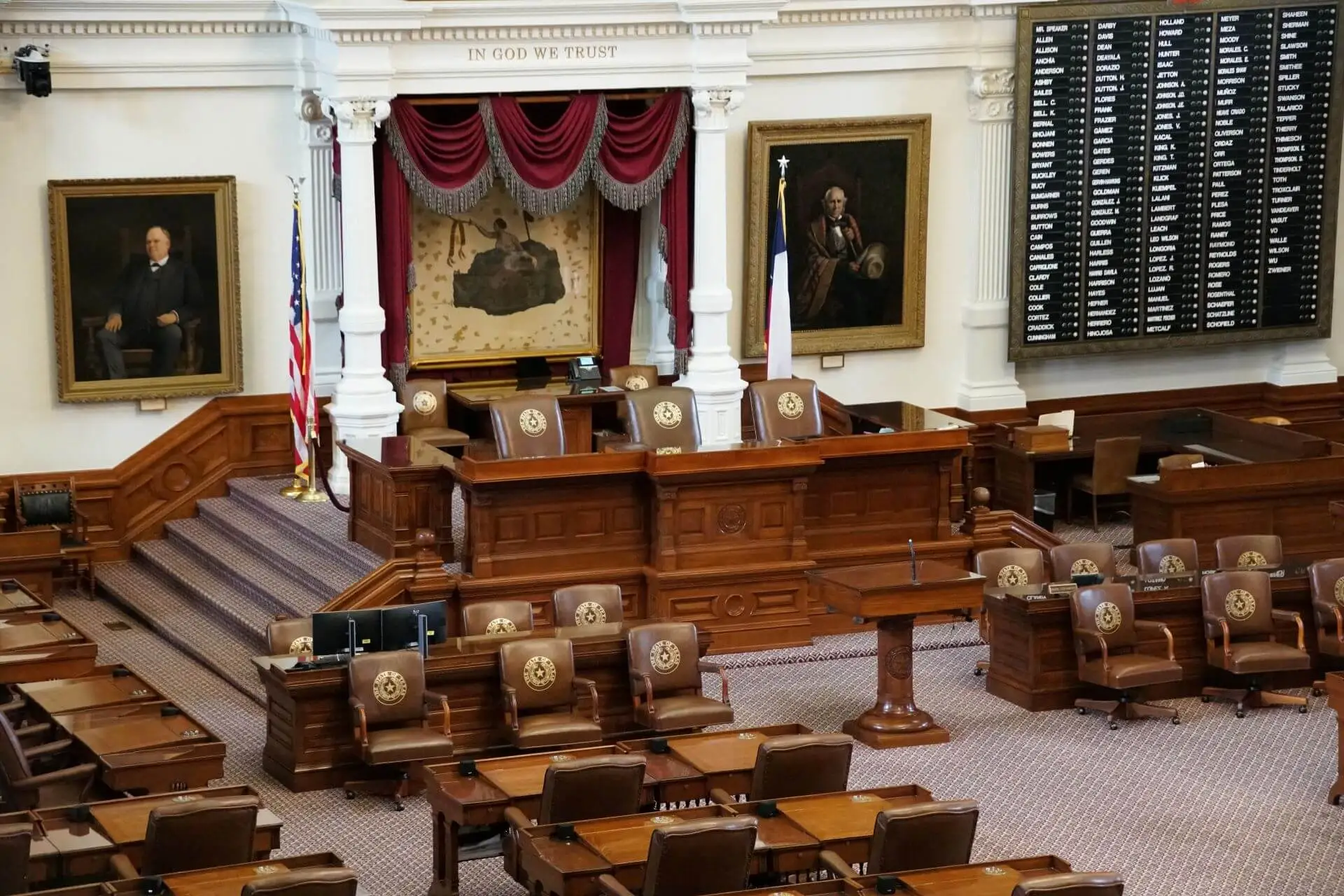This year, many small business owners are asking, “When does the QBI deduction expire?” It’s such a common question that I decided to make it the name of this article. The answer is December 31, 2025—if lawmakers hold their course. However, that date comes with a major asterisk because the Qualified Business Income (QBI) could still be extended.
Today, I want to prepare business owners for the most likely outcome, so let’s define what the QBI deduction is, who’s eligible, how it lowers tax liability, and what you should expect to see on your tax bill if the QBI goes away.
What is the QBI deduction?
The QBI deduction is also known as the Section 199A deduction. It was included in the Tax Cuts and Jobs Act (TCJA) introduced on Jan. 1, 2018, and it included a sunset clause set for Dec. 2025.
Self-employed and small business owners can “deduct up to 20 percent of their QBI plus 20 percent of qualified real estate investment trust (REIT) dividends and qualified publicly traded partnership (PTP) income.”¹
If you pay attention to the quote above, you’ll notice that it’s a circular statement. We need to know what qualified business income is. Well, it’s the net income generated from “qualified business activities.”
The QBI deduction applies to a broad set of business activities.
So, what are the activities? We can start with income, gains, and losses for any qualified business (the majority of small businesses are qualified businesses).
Some items that contribute to income are excluded:
- Capital gains or losses
- Dividends
- Interest on income not related to the business
- Wages or draws from a partnership or S corp
- Income from outside the United States
Income level dictates whether your business is eligible for QBI deductions.
The QBI deduction is limited to small business owners, or more precisely, members or managers of pass-through entities—sole proprietorships, Limited Liability Corporations (LLC), and S Corporations (S corp).
Business owners who report less than $191,950 in individual income or less than $383,900 in joint income for the year 2024 will be eligible.
Phase-in changes offer partial deductions if your income exceeds eligibility limits.
Once you’re over the limit, you could still get a partial deduction. That’s because of a provision called “phase-in changes.” There are different phase-in change thresholds for S-corporations, single-member LLCs or sole proprietors, and general partnerships.
Not everyone is claiming the benefits.
In its first year, almost 900,000 returns that were eligible for the QBI deduction didn’t claim it.²
What does that figure mean to you? Well, for some folks in the political arena, one complaint is that the rules are too complex for small businesses, which is somewhat dubious, and the other is that the majority of businesses claiming the deduction are “wealthy.”
A report from the nonpartisan Congressional Research Service found that in 2021, people with incomes of $200,000 or more filed 28% of the claims. Those people also received 76% of the total value of the exemptions.²
Big deal.
Business owners with a higher income were more likely to hire tax professionals who could maximize the QBI deduction—people like me. But “higher” doesn’t mean what you think it means.
A business owner with a pre-tax income of $200,000 is not considered wealthy, and even if it were “wealthy” business owners claiming the credit, who cares?
All of this complaining comes down to the problem my firm is solving right now.
We’re talking about tax and accounting issues in plain English, articulating our value, and bringing enterprise-level tax services to small business owners. Nobody is a victim. It’s about awareness.
When the QBI deduction expires, all businesses will suffer.
In the first four years of the TJCA, 89.6 million filers claimed $677.1 billion in QBI deductions.²
Some tax experts want the QBI deduction to be heavily rewritten or allowed to expire.³ If that happens, much or all of those deductions will be gone.
Yes, a large portion of that money went to pass-through business owners who were doing relatively well, but that’s not the issue. The solution is not to eliminate the deduction but to get more business owners to take advantage of it.
Remember, you should always be trying to take advantage of every possible tax deduction and credit. A Certified Public Accountant (CPA) can help with that.
The deduction could be extended.
It’s still unclear if that’ll happen, and we likely won’t know until closer to the end of 2025 deadline. The report I mentioned earlier also found that an extension of the deduction under current rules would cost around $1.7 trillion in lost tax revenue between 2026 and 2040.²
That’s a lot of money, so Congress might be tempted to let the deduction expire. The law might also be rewritten, keeping some provisions and shedding others.
If there’s no extension, we’ll see bigger tax bills across the board.
The impact on your taxes will be immediate. If the QBI deduction expires, the top marginal tax rate for pass-through business profits will rise from 29.6% to 39.6%.²
Fortunately, there’s an action you can take right now, long before the QBI sunsets: Be the business owner that pundits whine about, take advantage of the tax code, and keep your small business taxes low.
Get prepared today.
I’m a Fort Worth-based CPA with expertise in tax planning, CFO services, and business advisory.
Simply put, I partner with small businesses, usually with annual revenues between $1M and $35M, and we save money and increase profitability by building better processes and aligning the business toward tax efficiency in every way.
Schedule a discovery call with me today.
Talk soon,
Jeremy A. Johnson
References
- Qualified business income deduction. Irs.gov. 2024. Available from: https://www.irs.gov/newsroom/qualified-business-income-deduction
- Section 199A Deduction: Economic Effects and Policy Issues. Congressional Research Service. February 28, 2024. Congress.gov. Available from: https://crsreports.congress.gov/product/pdf/R/R46650/4
- Salinger T. QBI tax break — should it stay or should it go? [Internet]. Financial Planning. 2024. Available from: https://www.financial-planning.com/news/the-outlook-of-qbi-deduction-for-pass-through-entities


